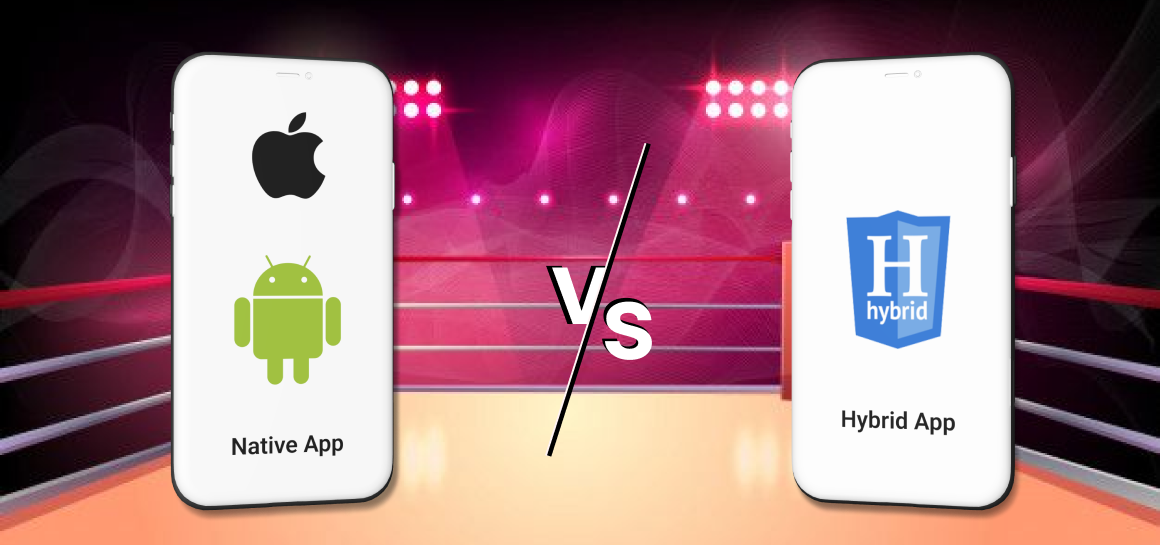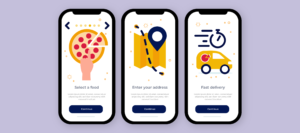Apps are not only technological tools. People now spend most of their days using apps because they have ingrained themselves into daily life. Since there has been a significant increase in non-gaming apps, it is important not to confuse them with game apps.
Now tell us, can your company afford to lose such a large market? Without a doubt! Going mobile has a plethora of benefits and presents numerous company chances. Apps are excellent for raising awareness and giving your customers extra value. For this reason, the majority of organisations choose a mobile app solution.
From 2016 onward, mobile app downloads climbed steadily, reaching 200 billion in 2019. In the most recent measurement year, consumers downloaded 218 billion mobile apps to their connected devices, an increase of more than 50% from 140.7 billion app downloads in 2016.
Those who choose to design apps for their businesses must be aware that numerous options and choices exist. The app owner and developer have to make many decisions throughout the entire development process to achieve the best results.
One of these choices is whether to use native or hybrid apps. The native vs. hybrid app argument has been going on for a while, and to be honest, there isn’t a clear-cut solution.
Let’s begin by simply defining what a native app and a hybrid app are.vs
There are also few examples of react native.
What is a Native App?

A native app is a type of software or program created to perform a specific task within a particular platform or environment. Software development tools, called SDKs, create native programmes for particular software frameworks, hardware platforms, or operating systems.
For Java platforms (Android), a native app is often developed using a Java Development Kit, and iOS native apps are developed using iOS SDK and Swift.
Pros of Native App
- Since it makes use of the capabilities of the main mobile device, it provides a wide range of functionalities.
- It provides software performance that is rapid and responsive.
- Push notification capability is included.
- Native apps provide a user interface (UI) that more closely resembles the OS’s user interface.
- The ratings in the App Stores can be used to guarantee the quality of Native apps.
Cons of Native App
- Native apps have numerous code bases because each device would have its own version of the programme, requiring distinct coding for Android and iOS, respectively.
- As more programmers would be needed to create and maintain a code base for each platform, the cost would increase.
- In every feature upgrade, a significant amount of time is spent on several fabrications for various platforms.
What is a Hybrid App?
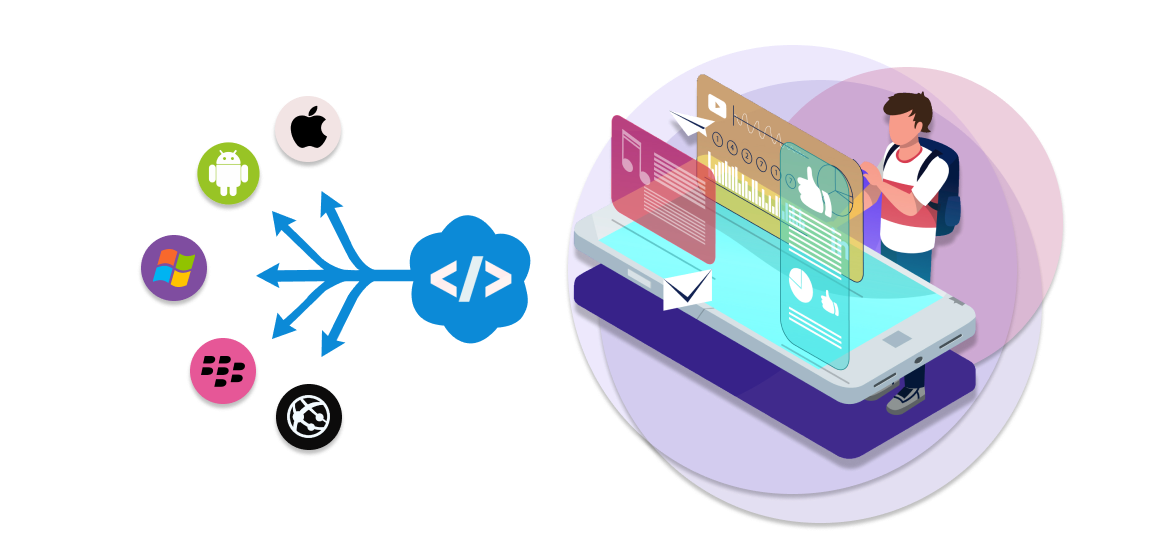
A hybrid mobile app is built on the web view, which functions as a web application in a native browser. These are viewable in WebView on Android and UIWebView on iOS. These apps are created with hybrid app development languages, including CSS, HTML, and JavaScript, and then they are wrapped in native apps using Cordova.
When hybrid and native technology are compared, one is more performance-rich, while the other has a wider market penetration. Despite their distinctions, both apps use languages that are regarded as the best programming languages. These apps have advantages and drawbacks, which we shall discuss in more detail.
Pros of Hybrid Apps
- Since they have a single code base, they can operate on both Android and iOS, i.e., across numerous platforms. Additionally, it can operate on the majority of devices due to the constant user interface (UI).
- Since only one codebase needs to be created, hybrid application development and maintenance (including updates and changes) go more quickly.
- Hybrid apps are more affordable since they have a single code base, which speeds up development and reduces labour costs compared to Native apps.
- Since the UI is tailored to the platforms, the overall user experience is excellent.
Cons of Hybrid Apps
- Hybrid apps require a continuous network connection to function to their fullest capacity because their base is similar to that of Web apps.
- Hybrid mobile apps rely on plugins because of their architecture in order to access the built-in functionalities of the mobile device.
- Since the interfaces for both the Android and the iOS are degraded, hybrid applications don’t provide a user experience as good as native apps do. The user experience for iOS users will suffer if Android is given too much attention, and vice versa.
- The paradox in the development of a hybrid app is that Native app developers are required to produce a hybrid application because the development of a hybrid app does not address a number of functional issues that are critical to Native app development.
These were the benefits and drawbacks of native vs. hybrid apps. Both have a respectable amount of advantages and disadvantages, as can be seen. Web and hybrid apps are not as performant as native apps, which need frequent user updates. We’ll move on to the next section, which discusses the distinctions between native and hybrid mobile apps, for a proper comparison.
Native vs Hybrid Apps
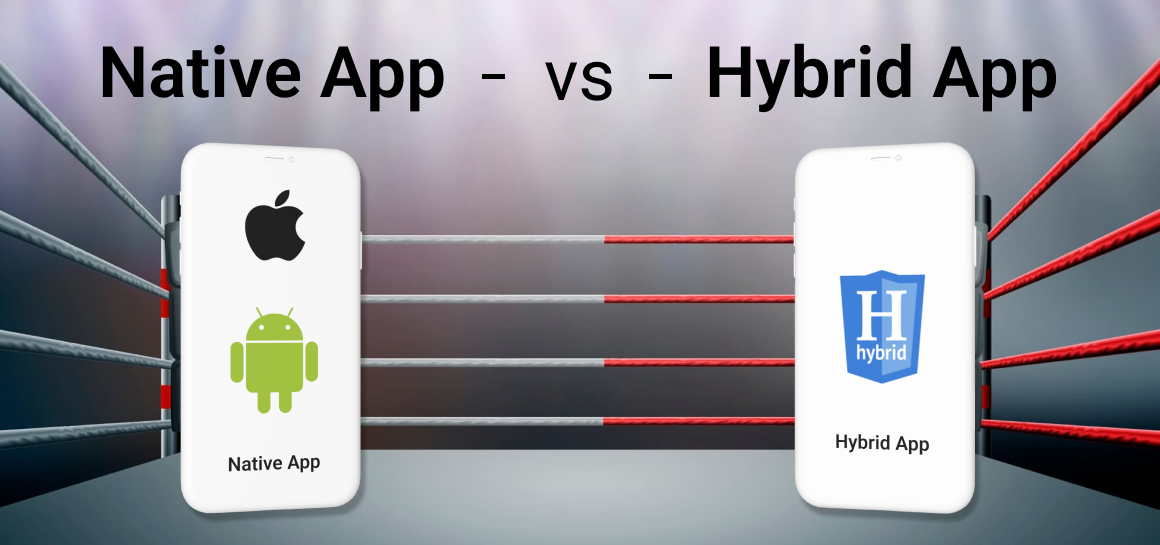
Not all mobile applications are created equal in the industry. The two types of apps, native and hybrid, differ greatly.
Now is the time for a detailed discussion of the Hybrid vs. Native app argument. The distinctions between hybrid and native apps are shown in the following chart.
| Criteria | Hybrid App | Native App |
| Brief | Hybrid apps are designed to run on several platforms and operating systems. Java and HTML5 are used in conjunction to create hybrid apps. | Native applications are created to run on a single operating system. Java, Swift, and Objective-C are all used to create native apps. |
| Performance | Hybrid apps function depending on the user interface, however they are slower than their native counterparts. | Since native apps execute so well, fantastic user experience is assured. In addition, they are growing Nativea are quick and feature expressive user interfaces as a result. |
| Development cost | Moderate | Expensive |
| Speed | Slower than native apps | Fast |
| Complexity | Create once, use everywhere sort of coding | Complex coding |
| Time of Market | Fast | Slower |
| Frameworks | React native, PhoneGap, Xamarin | API provided by OS |
| Maintenance | Hybrid apps require less maintenance. | Native apps require high maintenance. |
Native or hybrid apps: which is better?
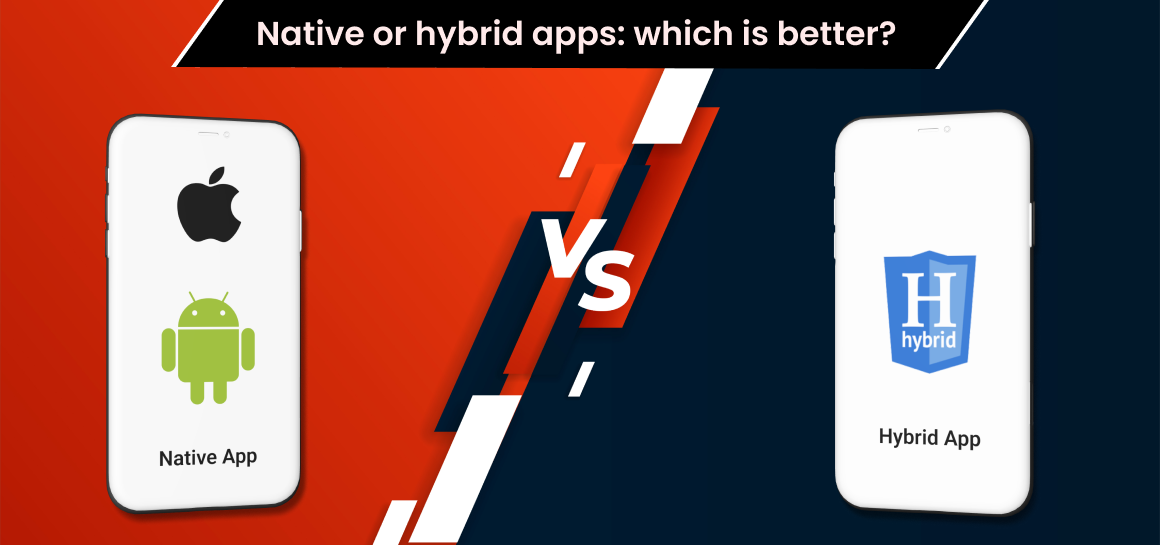
Native and hybrid applications each have their benefits and drawbacks. Choosing an application typically depends on the needs of the business and the end user.
Based on platform
A web or hybrid application can be used if a company wants to operate its mobile application across various platforms, such as Android, Apple, Windows, and so forth since it helps to save time. By creating a web or hybrid application, the company only needs to create the programme once because it uses a single code base, and then it can be published on several platforms.
Based on cost
Hybrid applications are the most economical ones in terms of development time. Additionally, hybrid apps are easier to maintain because they only have one code base. On the other hand, native apps have different code bases because they are tailored to each platform individually.
Based on User Experience
Native applications offer the best user experience because they are created specifically for a given app store. Local programmes take into account screen size and device capabilities. Therefore, it is impossible to anticipate a positive user experience when using hybrid applications, which only have one code base for all platforms.
Why Native Apps are Better than Hybrid?
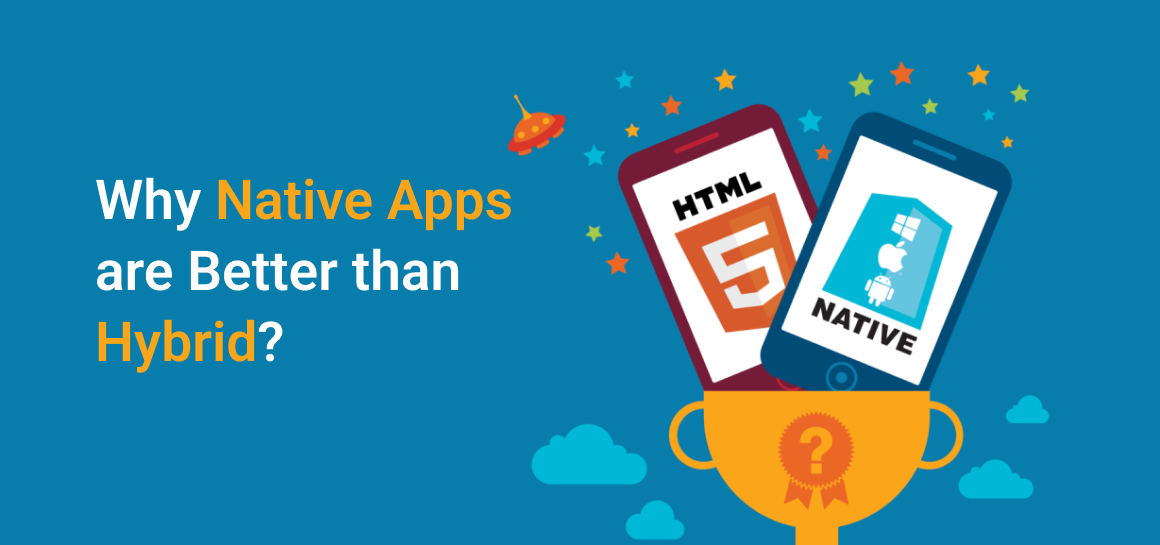
Before creating an app, every company wonders the same thing: should it be created natively or through a hybrid approach? This is a typical misunderstanding that everyone has.
However, you might prefer using the Native technique if you intend to include features that primarily rely on smartphone hardware, such as the camera, accelerometer, Bluetooth, and NFC. Native apps, for instance, will function perfectly if you want the app to track your steps or connect to wearables. As a result of not being created particularly for a platform, hybrid apps perform worse. Hybrid apps face difficulties since iOS and Android operate differently with smartphone hardware.
When an app handles massive data sets, which affects its speed, or includes any features tied to the smartphone’s hardware, the native approach is the best choice. In other circumstances, the hybrid strategy can assist conserve development funds. Both are the only tools one can select according to the app’s features, financial limitations, and professional objectives. Despite much discussion, no strategy is indisputably superior to the others.
To Conclude
To sum up, native apps are created with robust features and technological advancements, but hybrid apps are more time and money efficient.
Therefore, if you have less than a few months to construct the app, it is advised to use a native app. That’s because you want to put all your effort and resources into making a single experience that works exceptionally effectively for a single user base. If you fail at that, you will need to iterate quickly, which increases the workload while upgrading code for several platforms. Creating your software as a native app might be worthwhile if you want to test its usability on a small private market.
If you want to learn more about the distinctions between native and hybrid apps or how to create either, contact our mobile app development company team at Pairroxz.
FAQs
Question 1: What is Native or Hybrid app?
Native apps are designed specifically for a platform. These applications are built using one platform at a time programming languages.
A hybrid mobile app is built on the web view, which functions as a web application in a native browser. Both UIWebView for iOS and WebView for Android are used to see these.
Question 2: How Do Native and Hybrid Systems Differ?
Native apps are created particularly for one operating system, such as iOS or Android. Hybrid apps are native programmes that are partially or entirely a desktop website configured for a web view display.
Question 3: Is Native or Hybrid Better?
When opposed to hybrid apps, native apps are significantly superior. The reason is that they are entirely tailored for a specific platform. Hybrid apps have many latency problems, which reduce user experience.

